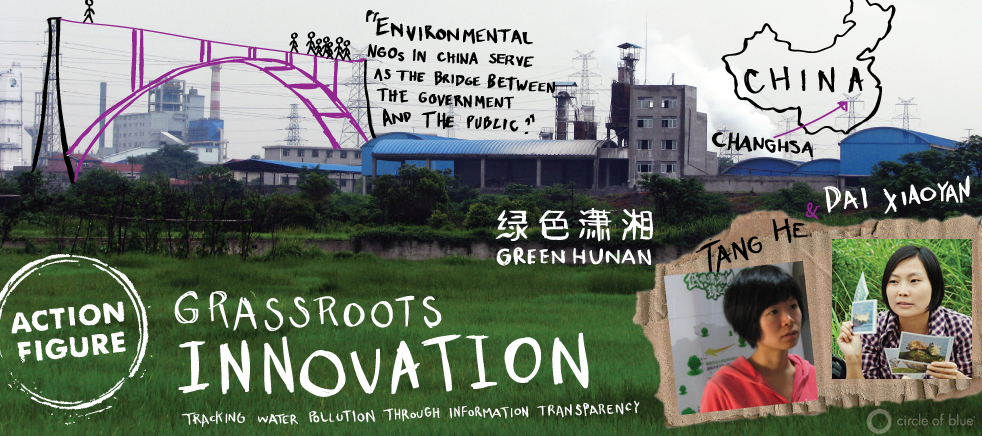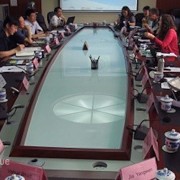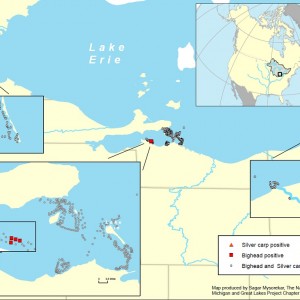Tang He & Dai Xiaoyan
While young people around the world are saving up to buy the latest laptops and tablets, recent college graduates Tang He and Dai Xiaoyan are taking on heavy metal pollution in their native China. Zinc and indium — for new display technologies, among other uses — are just two of the many contributing factors to pollution of the Xiang River in Hunan Province. But Tang He and Dai Xiaoyan, who make up two-thirds of the employees at the NGO Green Hunan, are pushing the boundaries of open information in China’s local governments. “When we started this kind of work, the local environmental protection bureaus were quite surprised that there were people monitoring their work,” says Tang He. “Many of them didn’t even know that they had to make the pollution data public.”
In a country notorious for its weak local enforcement of environmental regulations, Green Hunan innovates at the grassroots level by using water samples, fresh data, and existing laws to pressure local governments into releasing water pollution information. Additionally, they have built a volunteer network of changemakers, active citizens, scientists, universities, policymakers, and environmental lawyers to monitor and publicize information about pollution in the Xiang River and its tributaries.
“In the beginning, Chinese NGOs were very idealistic and passionate; they thought that they could achieve a lot with only very limited knowledge,” says Tang He, who mentions they are now collaborating with other organizations on a tool to rank Chinese municipal governments based on how compliant they are in releasing environmental information. It hasn’t always been so easy to get collaboration, however. “Before, when we talked about non-governmental organizations, people thought that they were anti-government. Now, people have a better understanding of what NGOs are and the change that they can make.”






Leave a Reply
Want to join the discussion?Feel free to contribute!